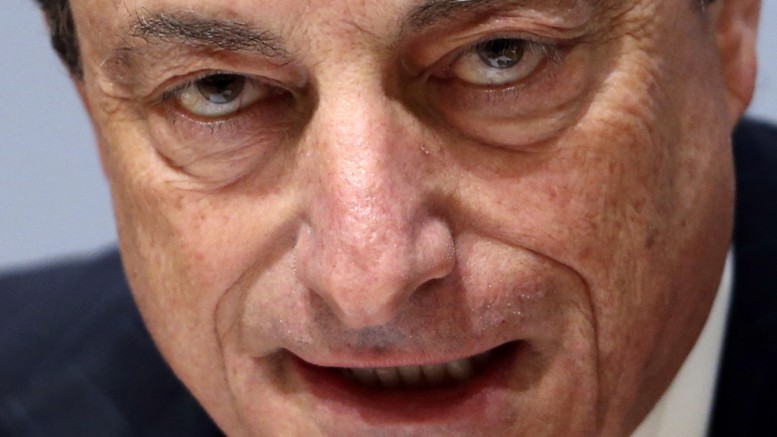As the markets respond, the sluggish performance will force the ECB to buy sovereign bonds, with all other measures being shrugged off as utterly pointless in the interim. The thrust towards ABS and covered securities is proving to be a flaw, amounting to around €20 billion to date. Much the same is happening to targeted medium-term liquidity tenders. September´s offering largely failed to reach its target, a telling sign that banks are showing a growing reluctance to build up extra resources while credit demand lacks stamina.
Only sovereign intervention can save the day. Anything short will be a blow to confidence. Yet, betting on cheap money to solve the problems could prove to be misleading. The ECB´s quantitative easing strategy can only succeed should it reverse the current deflationary mood. Achieving this goal involves higher price expectations that lead to interest rate hikes. Nothing of the kind is happening as the QE strategy unfolds. Bund yields are falling, showing a growing lack of confidence in Europe’s recovery. They also reflect the market’s negative appraisal on measures implemented up to now.
Extra liquidity only serves to push up asset prices while concurrently failing to invigorate demand and growth. Those advocating a massive public bond buying seem to be betting on lower rates to get us out of trouble. They fail to perceive that only higher rates would signal better expectations for recovery. That is the virtuous pattern followed by the US economy in response to the asset intervention implemented by the Federal Reserve. A very different picture is emerging in Europe, as monetary easing only results in lower yields. A bad omen for the ECB strategy.






Be the first to comment on "Draghi fails to deliver"